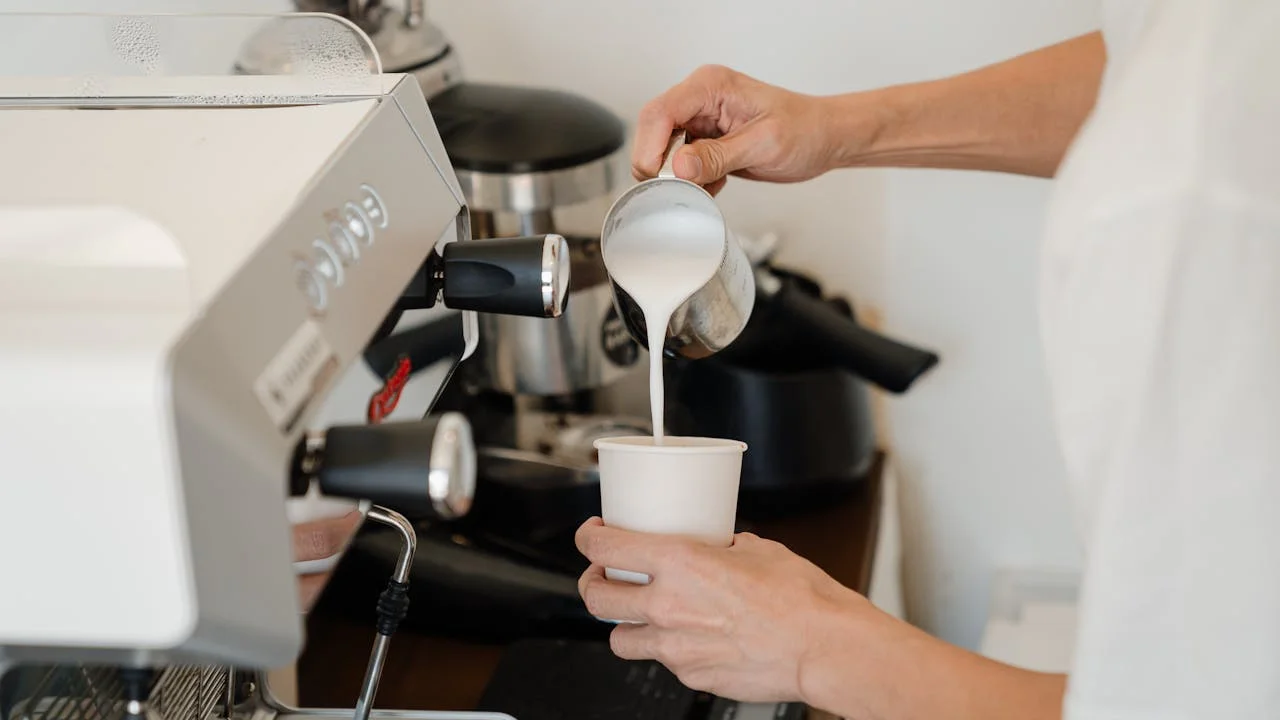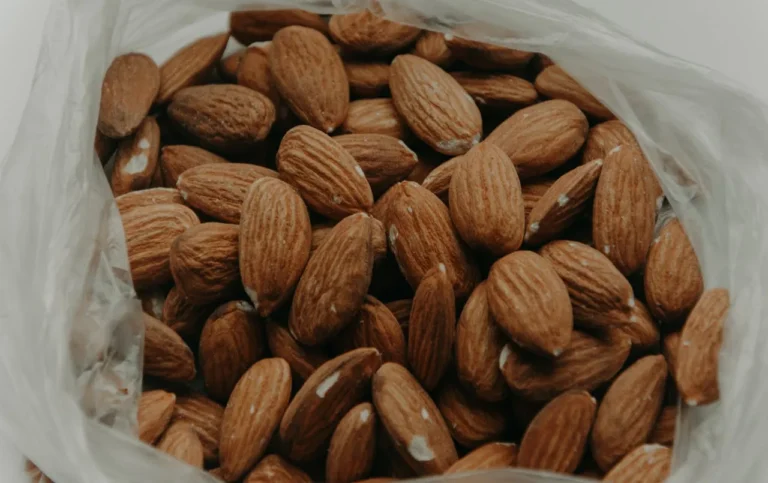
Advancing Dairy Farm Sustainability: A Collaborative Approach to Mitigate Greenhouse Gas Emissions
Dairy plays a vital role in our diets, offering a diverse array of products that cater to various consumer preferences, including taste and nutritional value. However, as environmental concerns become increasingly prominent, factors like sustainability are now influencing consumer choices.
The Meiji Group recognized the pressing issue of greenhouse gas (GHG) emissions associated with dairy farming, particularly in Japan where it remains largely unaddressed. In response, we partnered with Ajinomoto Co., Inc., a global leader in amino acid production, to tackle this challenge and promote sustainable dairy farming practices.
Understanding the delicate balance of a cow’s natural functions, including digestion and waste production, was crucial in developing our approach. “Feces, urine, and burps are integral to a cow’s life, so any modifications to their diet must be approached cautiously,” emphasizes Hiromitsu Amanuma, manager of the supply chain team in the sustainability management department.
While cow burps often receive attention for their methane emissions, it’s essential to note that cow manure also contributes to GHG emissions, particularly nitrous oxide, which possesses significant potency in trapping heat in the atmosphere.
Through our collaboration with Ajinomoto, we launched an initiative in 2023 aimed at reducing GHG emissions from dairy farming, leveraging the Japanese government’s carbon credits program, J-Credit.
In this initiative, Ajinomoto supplies AjiPro®-L, a lysine formulation essential for dairy cows, to Meiji Feed Co., Ltd. Meiji Feed then works closely with partner dairy farmers, providing AjiPro-L along with meticulously crafted feed recipes. By incorporating AjiPro-L into their cows’ diets, farmers aim to optimize amino acid balance, thereby reducing the amount of nitrous oxide emitted from cow manure.
This collaborative effort represents a significant step towards achieving sustainability within the dairy industry, demonstrating the potential for innovative solutions to address environmental challenges while meeting consumer demand.




